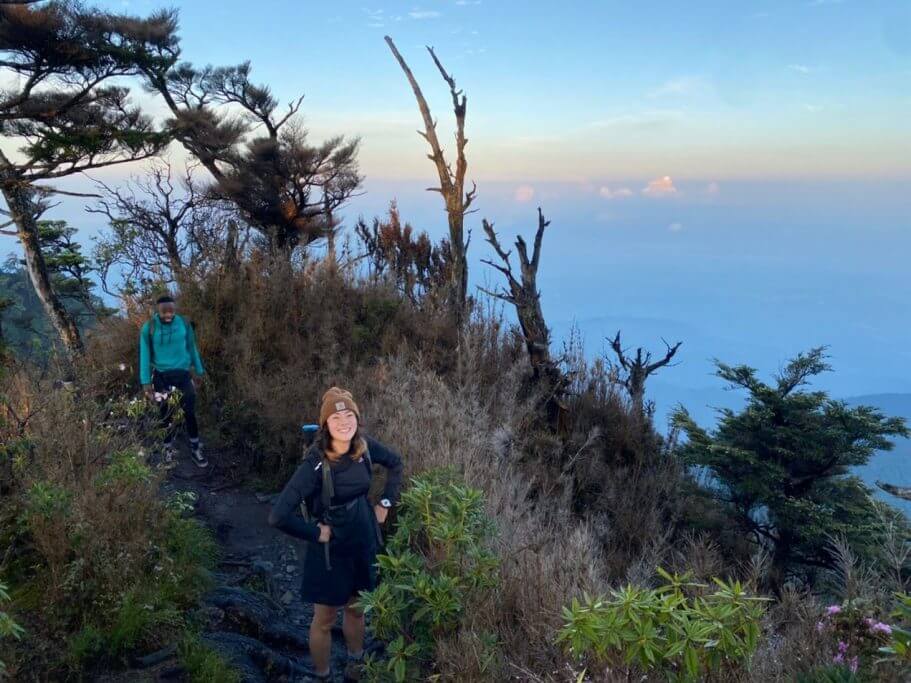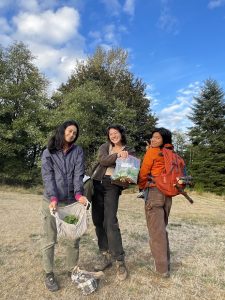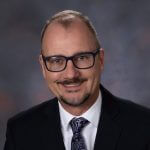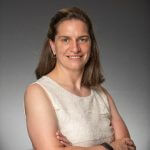Ayana Harscoet
Originally from Seattle, Washington, Ayana Harscoet (they/them) now lives and works in Brooklyn, New York, on Lenapehoking (Canarsie Lenape) lands.
Ayana joined River Network in 2023. As Communications Associate, Ayana is currently researching inclusive, equitable communications practices, which they will later implement to share stories via social media and moderate River Network’s online communities.
Ayana earned their Bachelors in Biology and Environmental Studies at Bowdoin College in Brunswick, ME, where they were involved in everything from climate organizing to a cappella. After graduating, they spent a year teaching English in Taiwan as a Fulbright Scholar, immersing themselves in Taiwan’s layered histories, geographies, languages, and vibrant food culture as a guest on Hoanya and Babuza lands. A longtime advocate for environmental justice, they are thrilled to be returning to the environmental field to help protect our rivers and foster deeper relationships between people, communities, and land. Outside of work, you can find Ayana busy crafting herbal medicines or identifying mystery trees, (re)learning Japanese, and flying through all the fiction they can get their hands on.

Ayana and a friend just after dawn, nearing the peak of Beidawushan (北大武山) in southern Taiwan.
Which River Network value most speaks to you?
Balance. Especially in environmental work, the constant urgency of action can feel overwhelming. To me, a sense of balance is critical to temper this restlessness and to remind ourselves to ground our work in reciprocity, intentionality, and ease. Balance also means listening to and respecting the needs of the communities we serve, the individuals we work with, and the nonhuman kin we are in relationship with.
Why is equity, diversity, and inclusion (EDI) important in your work?
I strongly believe that we cannot approach environmental issues without operating via an environmental justice framework—for instance, even seemingly objective institutions of scientific knowledge are shaped by dynamics of race, class, and power. In order to truly comprehend and address our current layered water crises, we must first situate them in the complex social and historical fabric of environmental injustice. As a child of immigrants and a settler on Indigenous land, I am constantly seeking to understand how I can help justly and equitably care for these lands and waters in a way that centers the knowledge and stewardship of communities who hold generational relationships to place.
What was your earliest memory around water?
I spent the first 10 years of my life in northern California, and I feel grateful to hold many fond memories of visiting the ocean as a kid—but I think my most treasured early memory of water is from a day my family visited Panther Meadow, a lush spring-fed meadow at the base of Mt. Shasta. I remember being moved to tears in awe of the countless tiny streams crisscrossing the mountainside—even now, I can so clearly recall the constant trickling and bubbling, the crystal-clear water forming pathways around grassy islands of shrubs, mosses, and wildflowers. There was a brightness, an aliveness to this water that reached out and spoke to me. To this day, I feel deeply spiritually and ancestrally connected to water, and I find that sitting with and being in conversation with water always brings me back into myself.
If you didn’t work in water or conservation, what would you be doing?

A successful foraging trip with friends!
I recently started studying plant medicine more seriously, and one of my long-term dreams is to open an apothecary-library-tea shop, a community space and mutual aid hub where neighbors and friends can gather. I’m very grateful I get to pursue a career that feels so meaningful and tangible, but in all honesty, my heart’s desires are more aligned with spending my days under the sun—in an alternate timeline, I envision myself reading lots, swimming often, growing fruits and veggies, making music, and existing in deep, joyful relationship with my community.







